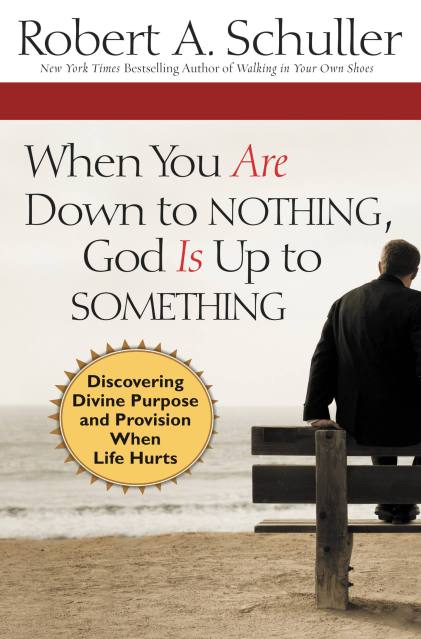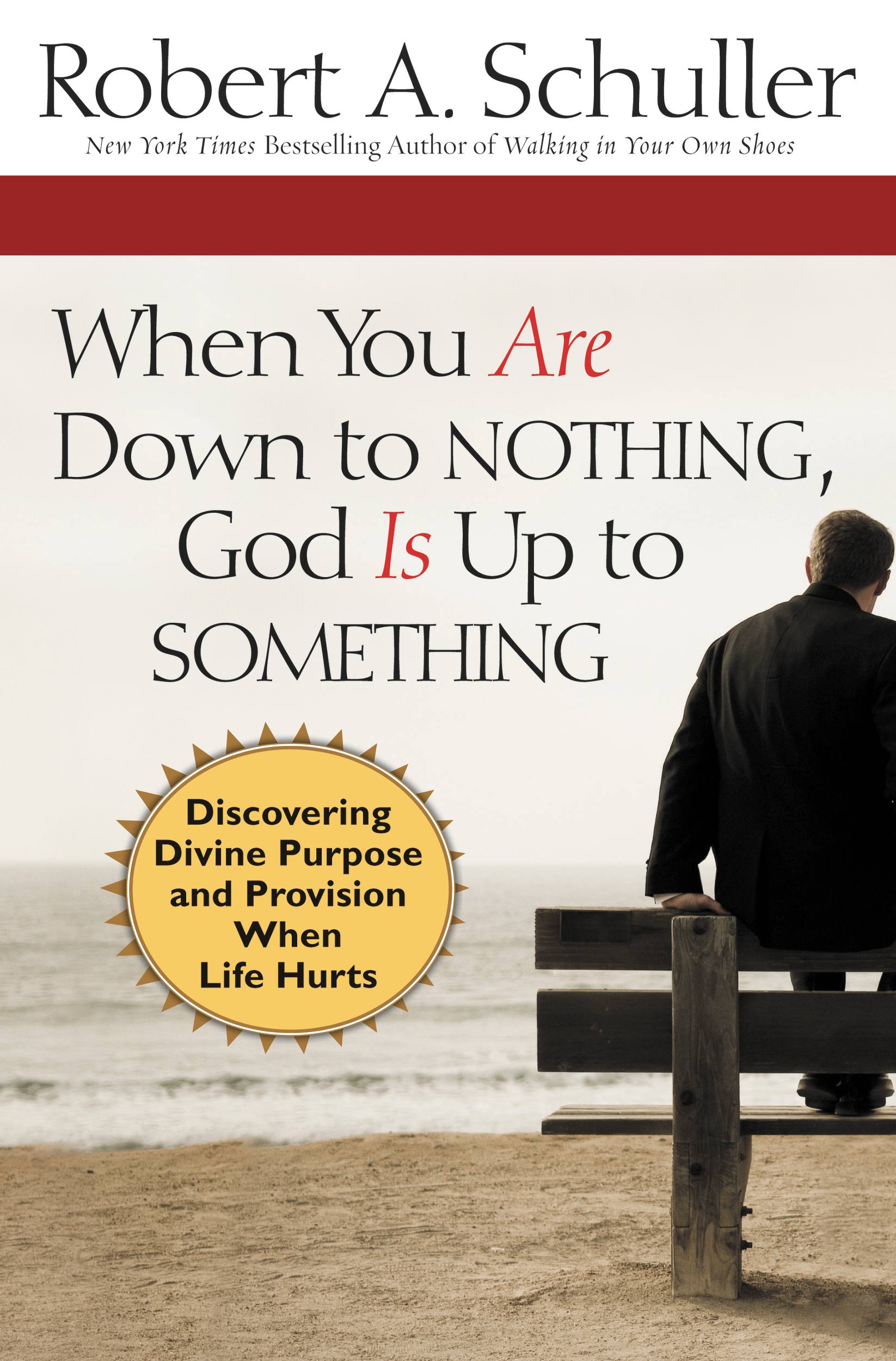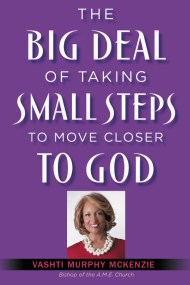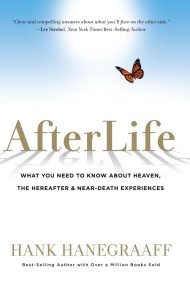Promotion
Use code MOM24 for 20% off site wide + free shipping over $45
When You Are Down to Nothing, God Is Up to Something
Discovering Divine Purpose and Provision When Life Hurts
Contributors
With William Kruidenier
Formats and Prices
Price
$10.99Price
$13.99 CADFormat
Format:
ebook $10.99 $13.99 CADThis item is a preorder. Your payment method will be charged immediately, and the product is expected to ship on or around March 28, 2012. This date is subject to change due to shipping delays beyond our control.
Also available from:
In this book, Robert Schuller chronicles a particularly dark period in his life and shares with the reader what he learned God was up to in his relationsips, meeting his needs like health and finances, providing guidance in his emotional life, but most of all, in learning to know and trust God more.
Genre:
- On Sale
- Mar 28, 2012
- Page Count
- 272 pages
- Publisher
- FaithWords
- ISBN-13
- 9781455506552
Newsletter Signup
By clicking ‘Sign Up,’ I acknowledge that I have read and agree to Hachette Book Group’s Privacy Policy and Terms of Use







